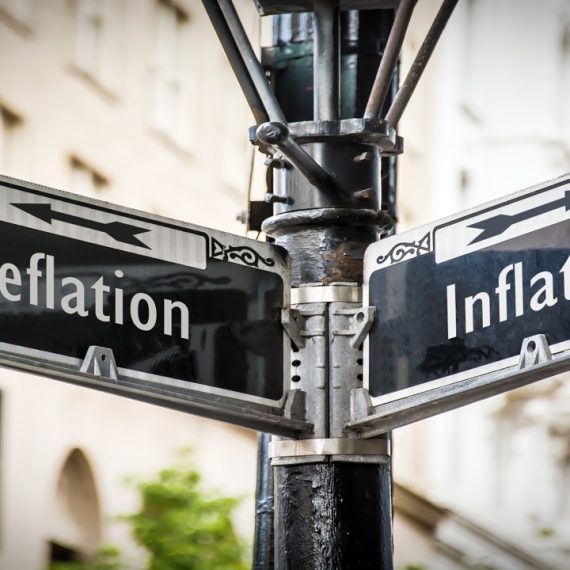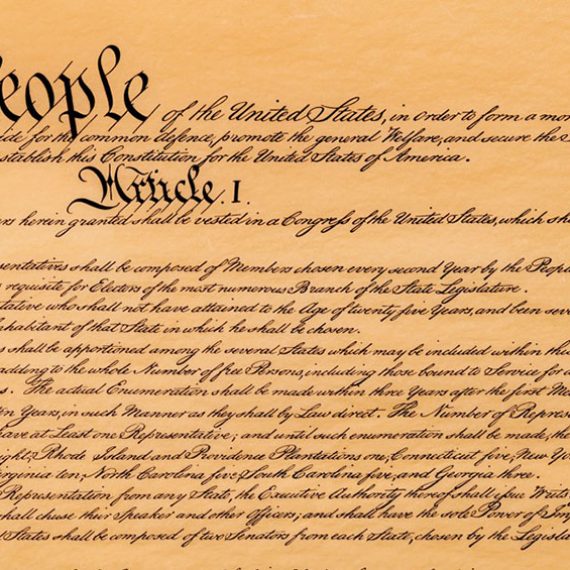March 23, 1998 – This week the Belgian central bank released a statement that read in part: “The weekly situation…was influenced by an arbitrage operation of gold against foreign currencies”. Were they purposely trying to be coy? Or do central bankers enjoy making these opaque statements that leave more questions unanswered than answered?
I was pondering these questions after reading this latest announcement that the Belgian central bank had dishoarded 299 tonnes of Gold. Even if you are part of the central banking priesthood or otherwise able to speak the vernacular of these self-anointed monetary pooh-bahs, you still have to wonder about the motivations of central bankers. Are their opaque statements purposely trying to mislead and/or misinform? Or are central bankers just naturally obtuse people? The Belgian central bank is a good case in point.
This is the fifth time that the Belgians had sold Gold since 1989. Out of an initial stock of 1300 tonnes, more than 1000 tonnes has now been dishoarded, and throughout this ordeal, the Belgian central bankers have consistently misled the public.
In 1992 after their second sale, the Belgian central bank denied any intention of selling more Gold, further adding that its objective was to keep the Gold portion of its international reserves at 50%, the level then reached. But more sales were made in 1995, when 175 tonnes were dishoarded. Then after a further 203 tonnes were dishoarded in 1996, the central bank Governor said there would be no more sales.
My comments in the last letter were very apt: “…recently the Belgians…suggested that they had dishoarded none of their remaining Gold reserve, but the announcement was vague enough that it should not carry too much weight, particularly because they have made similar announcements in years past when they had in fact actually dishoarded Gold.” How ever the Belgian central bankers may try to justify their duplicitous behavior, anyone not willing to be forgiving could say that the Belgian central bankers lie through their teeth. I’m personally in this camp, but I do not believe they need lie. In my mind, there can be no justification for it.
The Belgian central bankers may try to justify their stance by claiming that they don’t want the market to know their true intentions, supposedly so their dishoarding may reap a higher price. It is an argument heard before. However, this argument rings hollow. Do the Belgian central bankers believe the market to be populated by gullible fools? Once the Belgians sold any Gold, it was clear that they were a weak holder, so future sales had to be considered as a real possibility regardless what they might say to the contrary.
Moreover, it is clear now that lying about their intentions did not enable them to get any higher price. In fact, I believe that their dishonesty may have actually hurt them.
In the sphere of central bank Gold, the Belgians are relative small-fry. Even their full 1300 tonne hoard paled in comparison to the 7600 tonnes held by the French, Germans and Italians.
And the Belgians are really very small-fry compared to the American hoard of 8100 tonnes. But the Belgian central bankers did themselves a terrible disservice.
Because the Belgians were obviously lying about their true intentions, might not the market reasonably conclude that the French, Germans and for that matter, any other central banker may also be lying about their plans and true intentions about their Gold, regardless of their public statements not to dishoard Gold? The much larger hoards of Gold in other major central banks are of far greater importance than the relatively unimportant Belgian hoard. Consequently, might not the Gold market have been selling off these past years not because of the actual selling by the Belgians, but rather because of feared selling by the French, Germans, Italians and others? Yes, I think the Belgians have managed to shoot themselves in the foot. The fear that they have inflicted on the Gold market because of their duplicitous statements has done more damage to the Gold price than their actual dishoarding.
In the 1980’s, the central bank of Canada dishoarded most of the Gold it held, and forthrightly told the world of its plan to do so. Over several years they dishoarded in bull and bear markets alike, without the adverse consequences we have been seeing in recent years. Yes, there was some hand-wringing by various Gold market participants at the time, but the Canadian dishoarding did not call into question the stated intention of the other central banks not to dishoard their Gold. But not so with the Belgian dishoarding of recent years. They have clearly focused attention on all central bank Gold, and as a result, have caused the market to place too much attention on the importance of central banks and their Gold hoards.
One only has to look at the world’s total aboveground Gold hoard of 115,000 tonnes (of which some 80,000 tonnes is held in very liquid monetary forms – bars, coin and high-karat jewelry) to realize that it is private hoards of Gold, and not the hoards in central banks that are of primary importance to the price of Gold. Individuals own 50,000 tonnes of monetary Gold, nearly twice the 30,000 tonnes in central bank coffers. But this and other important facts are lost in the media frenzy surrounding any central bank dishoarding, which only adds to the worry resulting from the duplicitous Belgian statements.
It is very natural to worry whether the French and Germans are also lying, and to worry whether in reality they are secretly selling Gold. And this worry leads to more dishoarding, not from the central banks, but rather from the individuals holding the 50,000 tonnes. These worries cause them to exchange their Gold for national currencies, in the process putting pressure on the Gold price – ‘more sellers than buyers’ is the popular phrase.
Because it is these same individuals that hold the untold trillions of national currencies emitted by these same central banks, there is here a supreme irony. National currencies are based on promises, in contrast to Gold, which is an asset of substance – it’s the only money not someone else’s liability.
So it is quite ironic (and somewhat crazy) that individuals have dishoarded Gold, putting pressure on the Gold price, and accepted national currencies in exchange for their Gold. It is these same national currencies that are after all so dependent upon the promises of central bankers, some of whom we know lie, with the implication their promises are worth nothing.

 My objective is to share with you my views on gold, which in recent decades has become one of the world’s most misunderstood asset classes. This low level of knowledge about gold creates a wonderful opportunity and competitive edge to everyone who truly understands gold and money.
My objective is to share with you my views on gold, which in recent decades has become one of the world’s most misunderstood asset classes. This low level of knowledge about gold creates a wonderful opportunity and competitive edge to everyone who truly understands gold and money.
